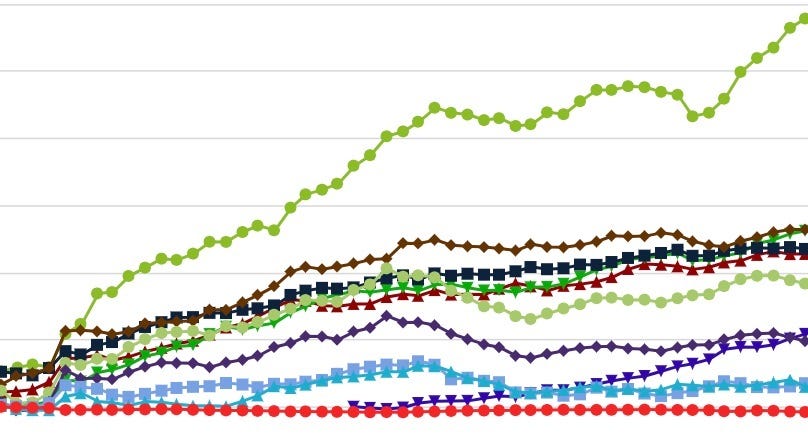The replication crisis was a significant methodological issue in science, particularly in psychology, medicine, and social sciences. It refers to the growing realization that many scientific studies could not be replicated or reproduced, raising concerns about the validity of published research.
Replication is a cornerstone of science. Repeating experiments to verify results or hypotheses underpins all scientific methodology. A replication experiment aims to demonstrate that the same results can be achieved independently of location or researcher, thus operationalizing objectivity. This process provides evidence that the findings represent knowledge independent of specific conditions.
Concerns about reproducibility emerged as early as the 1960s and 1970s, particularly in clinical research and psychological experiments. In the 1990s, Stanford medical professor John Ioannidis and other researchers highlighted problems with statistical practices like data manipulation and publication bias, raising the possibility that many published findings might be false.
In the 2010s, the issue came to a head with a report highlighting that only about 50 percent of experimental psychology studies can be reliably reproduced in later experiments. This revelation has troubled experimental psychology and other social sciences, indicating fundamental flaws in research practices. Coupled with an ongoing crisis of public trust in health and science, the replication crisis undermined confidence in scientific findings and fuels skepticism among the general public.
The replication crisis remains a central issue, driving ongoing debate and reform in scientific practice.
.
Causes of the Replication Crisis
The complexity of real-world social and psychological phenomena presents significant challenges for definitive study. Scientists often prefer to isolate variables in controlled laboratory settings, but the inherent complexity and diversity of human behaviors and experiences make such isolation difficult. These phenomena involve a multitude of variables that are not easily separated or measured. Unlike the physical sciences, where variables are straightforward to quantify, aspects such as subjective choices, moods, and social interactions are much harder to measure precisely. This intrinsic variability contributes to inconsistencies in findings, leading to difficulties in replicating results from one study to another.
Academic journals often exhibit biases that affect what research gets published. They tend to favor novel and positive results, while studies with mundane or inconclusive findings are frequently overlooked. This preference distorts the representation of research in the scientific literature and can undermine its credibility. Furthermore, many journals lack transparency by not providing detailed descriptions and complete data from studies. This lack of openness makes replication and thorough analysis difficult, if not impossible.
The design of many scientific studies also contributes to replication issues. Studies with small sample sizes often suffer from reduced statistical power, making them more susceptible to random errors and producing results that may not be replicable in larger studies. Variability in experimental design, data collection, and analysis methods across different studies adds another layer of complexity, making accurate replication of findings a significant challenge.
Human cognitive biases further exacerbate the replication crisis. Researchers, like all humans, are prone to biases, emotional thinking, and social pressures. Confirmation bias can lead scientists to design experiments, select data, or interpret results in ways that affirm their pre-existing beliefs or hypotheses. Moreover, the tendency toward the "herding effect" or groupthink can result in researchers following prevailing scientific trends, making them reluctant to challenge the consensus or explore less popular ideas.
Academics are often under job pressure to be published. They too often focus on the quantity of published papers over quality, focus on getting novel over mundane results, and focus on studies and results that meet the biases of the publisher.
.
Efforts to Address the Replication Crisis
In response to the replication crisis, several measures are being implemented to mitigate these issues. One key initiative is the encouragement of open data and methods, which enhances transparency and facilitates easier replication and validation of research findings. Improving research practices is another critical area, with efforts focused on refining research methodologies and conducting more rigorous analyses of methods and data.
Support for replication studies has increased, with journals and organizations backing projects that focus on replicating key studies. New journals dedicated to publishing replication studies and findings from mundane or inconclusive research have emerged, contributing to a more balanced representation of scientific findings. Emphasizing the quality of research methods over merely the results is becoming more prevalent, with some journals prioritizing methodological rigor in their publications.
Educational initiatives are also being undertaken to address the replication crisis. These efforts aim to raise awareness among scientists, editors, and publishers about all the issues and concerns raised in this post.
Science is a continual process, and this crisis followed by attempts to fix the issues is an an example of science working as it should.




